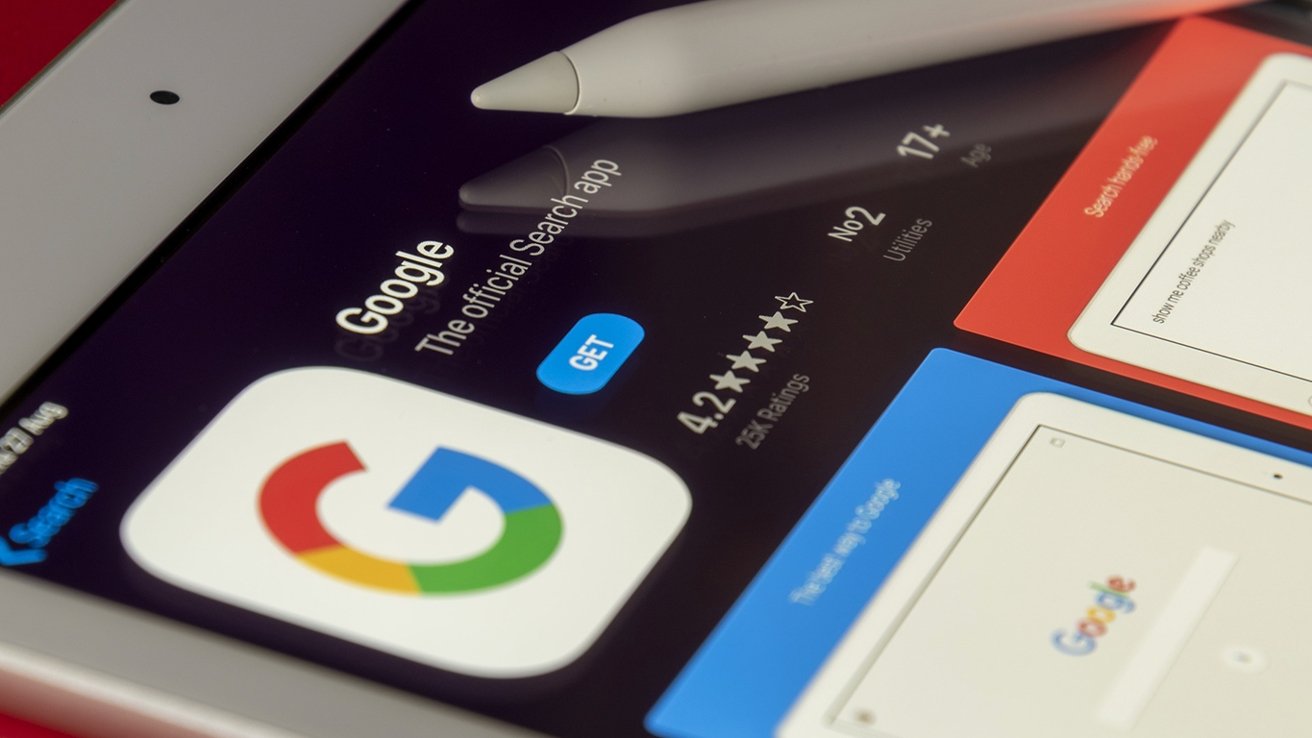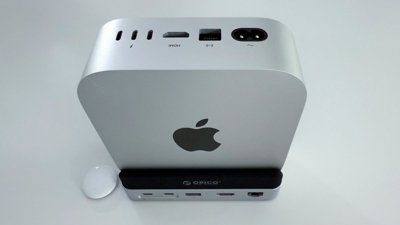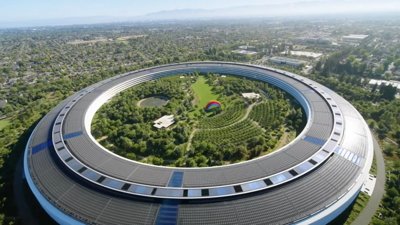A class-action antitrust case has been filed that claims Apple and Google have violated U.S. antitrust laws in how they deal with each other, up to and including the payments that keeps Google's search engine as default on Apple products.
The complaint claims that Google and Apple have agreed that Apple would forego developing its own search engine to avoid competing with Google.
It also alleges that there has been a secret agreement that Google would share its search profits with Apple, and that Apple would give preferential treatment to Google on all Apple devices. By doing so, both companies are alleged to have worked together to suppress the competition of smaller competitors, effectively pushing them out of the search engine market. It also claims because of the alleged collusion, advertising rates are higher than in a competitive system.
The complaint states that these agreements were made in regular secret meetings between Apple and Google executives.
The lawsuit seeks the disgorgement of the billion-dollar payments of Google to Apple. It also seeks an injunction prohibiting the non-compete agreement between Google and Apple, the profit-sharing agreement, the preferential treatment for Google on Apple devices, and the alleged payment from Google to Apple.
Lastly, the plaintiffs are asking for the breakup of both Google and Apple into "separate and independent companies in accordance with the precedent of the breakup of Standard Oil company into Exxon, Mobile, Conoco, Amoco, Sohio, Chevron, and others."
The Standard Oil comparison is questionable. At the time of the lawsuit under the Sherman Antitrust Act, it controlled 91% of oil production and about 84% of final oil and oil product sales in the United States. Apple has less than 50% of the mobile market in the U.S., and less than 10% of the computing market.
There have only been a few documented meetings between the CEOs of Apple and Google in person in the last decade. Additionally, both Google and Apple say that the payments for Google to be the standard search engine on iOS are just for that, and users can select other engines if they prefer.
Furthermore, contrary to the suit's claims, Apple has its own advertising business that it uses in the App Store. It also has its own Internet search engine that it uses for Siri and Spotlight Searches — just not a web-accessible one.
 Amber Neely
Amber Neely







-m.jpg)






 Malcolm Owen
Malcolm Owen
 Mike Wuerthele
Mike Wuerthele
 Andrew Orr
Andrew Orr
 Andrew O'Hara
Andrew O'Hara

 William Gallagher
William Gallagher

 Christine McKee
Christine McKee




-m.jpg)



25 Comments
Not sure if "secret agreement" is the right word when everyone who has paid any attention to the industry knows about Google paying Apple to be the default search engine. That's gone on for years, and the user isn't locked in, that's just the default.
Not sure how they can prove the existence of any "non-compete" agreement. Apple has their own office suite to compete with Google Docs, has iCloud to compete with Google Drive, has their own Maps app to compete with Google Maps, the list goes on and on. Plus the advertising and search tools mentioned in the article.
Someone someday might make an argument for the breakup of Google and Apple. But these aren't the people, this isn't the justification, and that day isn't any time soon.
This is going nowhere.
I guess Apple could just NOT default to a search engine and prompt the user to choose one during setup. But then we’d have the same argument regarding the default browser, email client, messages app, etc. The setup process would become a laborious hour long process.
ORRRRR, Apple can just default to whatever they want and continue to give the user the option to change to whatever they want after initial setup. If the user can’t figure out how to change the default, then they likely don’t care enough to change it in the first place. Unless of course the user is a lawyer trying to cash in.
I am interested in seeing how this claim/case hoes forward and what sort of evidence they can present.
Lawyers. It’s called business deals. If Apple wanted to create a search engine, it would have already. Apple has proven with Maps that if it can do it better and with more privacy it would.